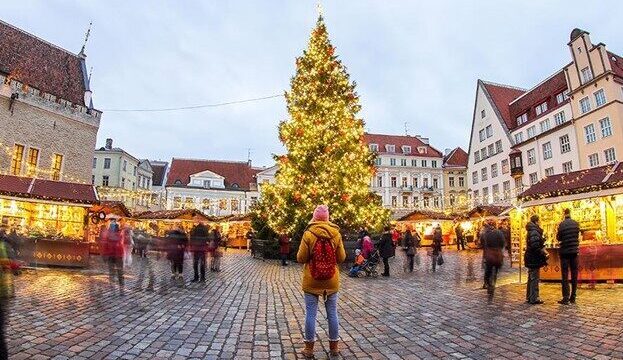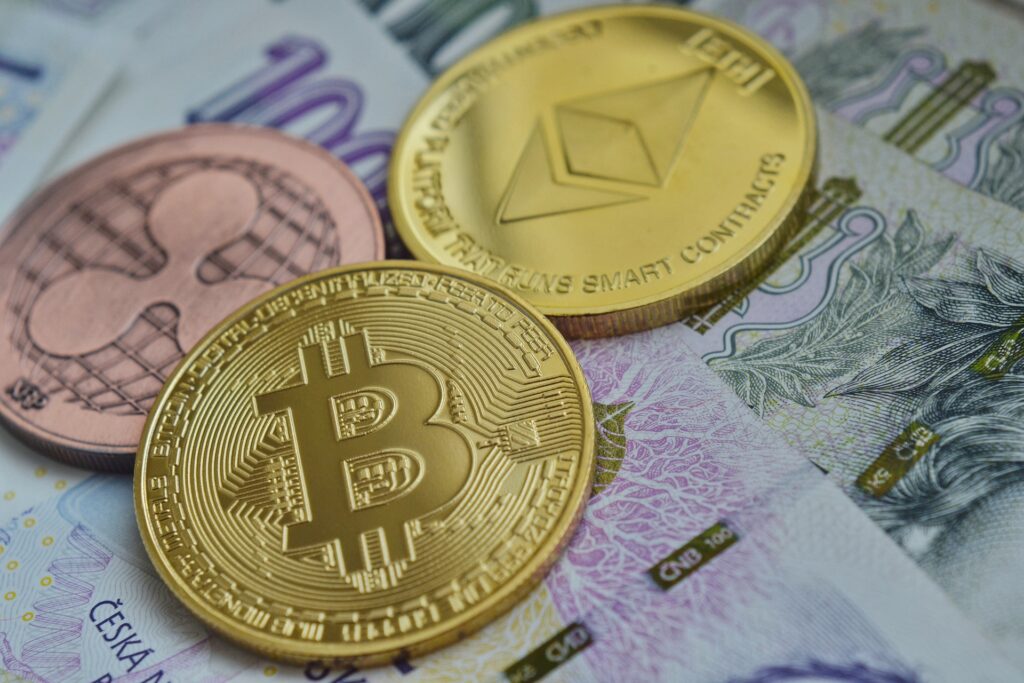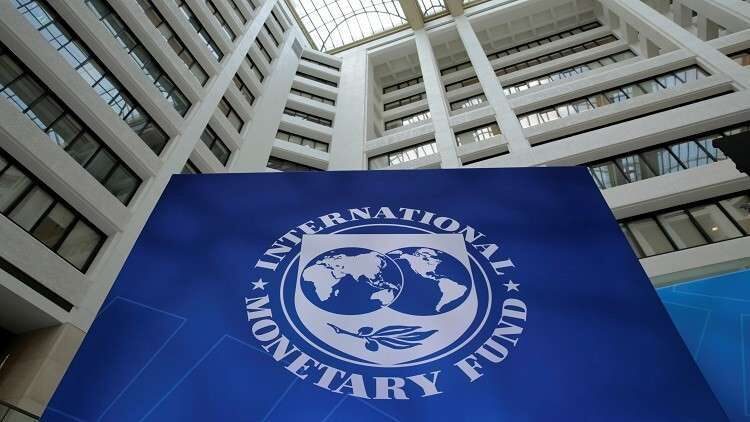Starting in early November, anyone walking the streets of a European city could see that Christmas preparations had already begun. Decorated trees were displayed in stores and garlands hung between downtown buildings. In some German towns, preparation had already started for setting up holiday markets more than six weeks before Christmas.
It comes as a bit of a surprise, considering government plans to delay and dim Christmas lights. In Maastricht, the Netherlands, with Belgium and Germany less than 20 kilometers away, locals say the measures taken are barely noticeable. “I don’t see much of a difference; I think [the decorations] are cute,” says Anne-Sophie Oppor, a university student. “I notice they don’t [turn all of them on], in terms of plugging in the light, but they’ve put them all up.”
While they may not be obvious, cuts are being made, and they might affect other aspects of Christmas. With the government reducing spending, it’s still unclear what that means for businesses and individuals. In October, inflation in the euro area reached 10.7%, according to Eurostat, the EU’s statistics office. That suggests that individual and business spending might follow the government strategy.
During a season known for spending, it remains to be seen just how much Europe is going to budget for Christmas. Holiday spending this year will likely affect the Egyptian economy as well, as 22% of Egyptian exports went to the EU in 2020, according to the European Commission.
Those changing habits mean that Egyptian exporters may find that some of their “popular” products are selling less, as they are non-essential luxury items. On the other hand, new product categories might emerge as families rethink spending in light of soaring prices.
It’s (not) lit
The need to reduce consumption, particularly energy, arises from sanctions against Russia for its invasion of Ukraine. In its latest package of sanctions in October, the European Commission introduced a further 7 billion euro ban on Russian imports as preparation to put a cap on imports of Russian oil. As the EU “phases out Russian oil and products,” these measures allow other oil-importing countries access to oil below the price cap, according to a G7 statement.
Several Dutch cities are cutting back on Christmas lighting and “burning hours” to cut costs. In places like Groningen, lights are on from 3 p.m. to 9 p.m. instead of the usual 1 p.m. to midnight. Nijmegen and Deventer are taking similar measures. Dutch officials estimate these measures should cut holiday energy costs by 35%.
It’s not just the Netherlands that’s switching off lights this Christmas. One suggestion out of Germany is “the reduction of Christmas lighting to one illuminated tree per community,” according to German nonprofit environmental organization Deutsche Umwelthilfe’s Federal Managing Director Jürgen Resch. In September, the Portuguese government announced Christmas lights would only be switched on for six hours a day between Dec. 6 and Jan. 6. In Copenhagen, Denmark, Christmas lighting is expected to be reduced by 60%, said Michael Gatten, director of the trade association KBH.
While public lights and decorations may or may not affect the joy of Christmas, retailers must “brace for cutbacks,” wrote James Davey and Rachel Moore of Reuters. They anticipate this Christmas could be the worst for retailers in at least a decade “as shoppers cut spending, while the costs of doing business show no sign of abating.” Despite families spending two Christmases under lockdown, “households are looking to spend less this festive season, both on gifts and socializing,” said Davey and Moore.
Retailers aim to strike a delicate balance between lighting up storefronts enough to attract customers while remaining socially, financially, and environmentally responsible, wrote Mimosa Spencer of Reuters. She added that stores need to “create enough festive sparkle to loosen cash-strapped customers’ purse strings while acknowledging the impact of the energy crisis.”
Printemps, one of the biggest department stores in Paris, is trying to strike that balance. Despite wanting to bring back the tradition of animated storefronts, its president, Jean-Marc Bellaiche, said Printemps instead would switch entirely to lower-energy LED bulbs and turn off lights at night. He said Printemps is “reducing consumption to be a good citizen, both socially and environmentally.” Not only would big displays not be in tune with the “rather subdued” mood of this Christmas, but they would “not [be] the right thing to do,” said Cartier CEO Cyrille Vigneron.

Gifting up spirits
While governments and businesses make their financial calculations, consumers are making their own calculations for the season. Several surveys out of the UK suggest that Britons are planning to spend less this Christmas. A Barclaycard survey showed 48% of those surveyed aim to spend less, with 59% planning to spend less on gifts and 42% cutting corners on socializing.
Aoife Bracken, an Irish student in the Netherlands, will travel back to Ireland for Christmas. She says this is the kind of calculation her family is making ahead of the holidays. Like many families, Bracken’s also is spending less on socializing. “We would sometimes go to the pub to meet friends and extended family [on Christmas eve],” Bracken says. However, the COVID-19 pandemic forced her aunt’s side of the family to close down the pub they used. “We don’t know where to go anymore.” Consequently, they will spend significantly less on socializing and alcohol, which Bracken suggests is probably where most Irish families spend money during Christmas.
When it comes to gifting, the Brackens’ situation is a little more nuanced. Despite having three grown daughters who are well aware that Santa Claus does not exist, they still do “Santa presents.” That is a tradition where the parents would take on the role of Santa and bring a random selection of gifts for the family, Bracken says. However, she explains that the gifts have become more practical as she and her sisters have grown up. For example, gifts can now be winter coats, books, and an Amazon Kindle. Because the gifts are essentially necessities, she does not anticipate their gift-giving tradition to change all that much.
However, Bracken does acknowledge her family’s fortunate financial situation. “I’m very fortunate that my parents are in a position where we don’t feel that pinch so severely,” she says. Her parents run a grocery store.
Families who do feel the pinch are “spreading the cost of Christmas,” write Davey and Moore. Buyers buy presents early to avoid that pinch in December, said British retailer Marks and Spencer in a statement in November. This change happens as consumers are “aware that soaring inflation is eating into their monthly disposable income,” explains Davey and Sarah Young.
Another approach is looking for discounts. However, that is not so easy when retailers are “facing possibly their toughest festive season in a decade,” said Paul Martin, professional services network KPMG’s head of retail. “People are looking for discounts,” said garment company Acotex CEO Eduardo Zamacola, “but retailers are seeing a general increase in their costs and are having to raise prices.”
Faced with “higher labor and energy bills and a stronger dollar pushing up purchasing costs,” write Davey and Moore, retailers are in a tough spot. “We have absolutely nothing to give away these days,” said Stefan Genth, managing director of the German retail association HDE.
The snow must go on
With the lights slightly dimmed and Christmas “subdued,” it might appear that Christmas this year is not quite as special. But, while all signs don’t indicate “business as usual,” festivities are going forward. In fact, the Christmas lights continue to surprise people, given the circumstances. “I think it’s interesting just how many there are and how early they’re turned on given the energy crisis,” says Bracken. She points out that the Christmas lights were turned on right after Halloween.
It is possible the Christmas spirit still beats inflation, however. The expected decrease in spending this holiday season, while significant, is still decent considering the cost of living crisis. Statista estimates that the UK will have the most significant decline in Europe, a 22% decrease. Italy’s spending is expected to drop by 12.3%, France’s by 11.5%, and Germany’s by 9.4%.
The figures may reflect Bloomberg’s Andrea Felsted’s prediction of a “revenge Christmas,” where consumers don’t let inflation “dampen the mood.” She suggests that in the battle between inflation and revenge spending after two Christmases under lockdown, “revenge will win out — but only just.” However, this is still bad news for retailers. Revenge spending is only possible because retailers still have “a mountain of unsold stock,” which will need “deep discounts” to get off the shelves. Given Genth’s declaration that retailers cannot discount products, it’s unclear how vengeful this Christmas will be.
While the holiday spirit and revenge spending might save Christmas 2022, market conditions might be even worse during 2023 and 2024, warn Davey and Moore. As “any savings consumers built up during the pandemic are wiped out” during the 2022 holidays, “retailers face the most marked rise in the cost of doing business for many years.”







